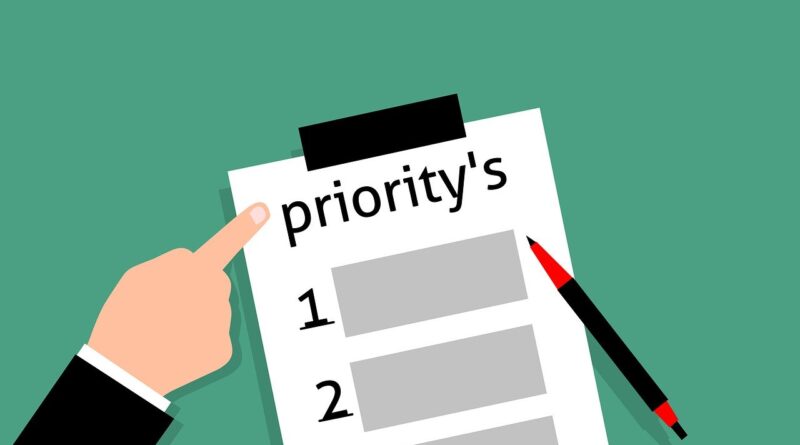5 Effective Ways to Prioritize Important Tasks
One of the greatest struggles of managing work is knowing what tasks to prioritize first. During a typical workday, managers often prioritize tasks according to the immediacy of deadlines and the needs of others. With more tasks to do, higher expectations, and more distractions, knowing what deserves your immediate attention can be overwhelming. Understanding how to prioritize work also affects your role as a leader, the engagement of your team, and the success of your project.
Prioritization is the way of deciding the level of urgency and importance of a particular task. It’s an essential skill that every working professional should possess and is necessary for a project manager to master. Smart prioritization can help reduce stress, improve productivity and time management, be more focused, and have a stable work-life balance.
Once you know how to prioritize your tasks, you can allocate your time and the resources available to you more effectively. However, it is important to note that the elements needed to prioritize the tasks may be simple to understand, they can be slightly elaborate and tedious.
It is important to have a clear system in place when you are compiling and placing the tasks in order of urgency. In this article, we’ll mention a few effective ways you can have a set prioritization system in place that’ll make your work more effective and productive.
- List down all your tasks
Compile everything that is on your plate and then list down everything that you can get done in a day. Don’t worry about the order you list the tasks in, first just focus on recalling everything you need to get done. This will help remember everything you need to get done so that you can figure out how much time and effort you need to spend on each task.
- Identify what is important vs urgent
The next step is to figure out what tasks need your immediate attention. These are the tasks that can have a negative impact on your overall performance if not catered to instantaneously.
Allocate your time and resources to first get done all the urgent tasks because pushing them to a later period can put your business’s performance at risk. These said risks include missed publication or release dates and missed client deadlines. Prioritizing tasks based on urgency can help reduce the stress approaching a tight deadline.
- Schedule your tasks in a calendar
Once you have determined what tasks need to be done first, schedule the said tasks in a calendar or task management software. This will help you stay on track and visualize the work you need to get done in a day. To operate a task management software, make sure you have a reliable internet connection in place, and in case you don’t, subscribe to one by calling HughesNet Customer Service.
- Set boundaries
Once you have prioritized the task, you should also set the specific time you’ll do a particular thing. You may have coworkers coming up to you on your desk, calling you, or emailing you to discuss non-urgent work. In order to get the task at hand done promptly, make sure you let them know that you are focused on the project at hand and will cater to them once done.
Another way you can let the coworkers know that you are busy with work is by setting an automated away message which will be sent to them if they contact you via email. You may find that you get more done if you set specific times for work.
- Be flexible and adaptable
Change and uncertainties are given so you need to understand that you may need to adjust your priorities when you least expect. Be prepared for the unexpected but be focused on completing the tasks at hand. You can list down everything that can go wrong so that you can be on guard and ready for possible changes and hindrances.
Wrapping Up
It can be overwhelming and slightly daunting when everything seems like the number one thing to do on your list, but by adhering to the above-mentioned strategies, you can prioritize your work more effectively and stay on top of what is expected out of you.



